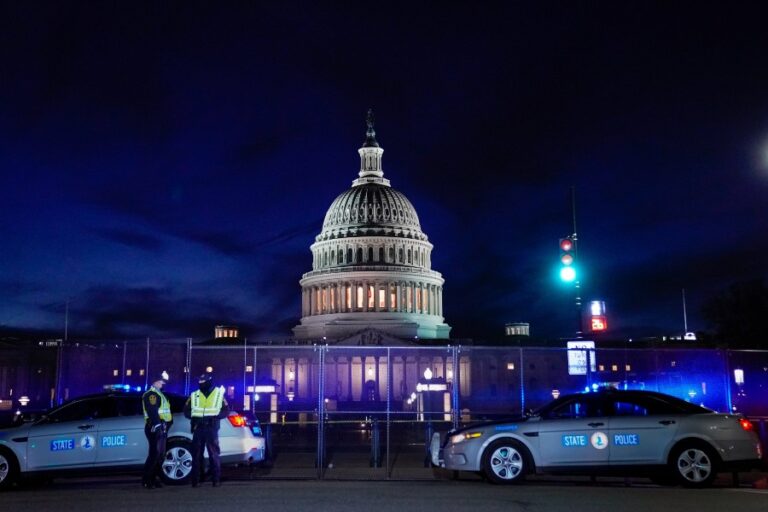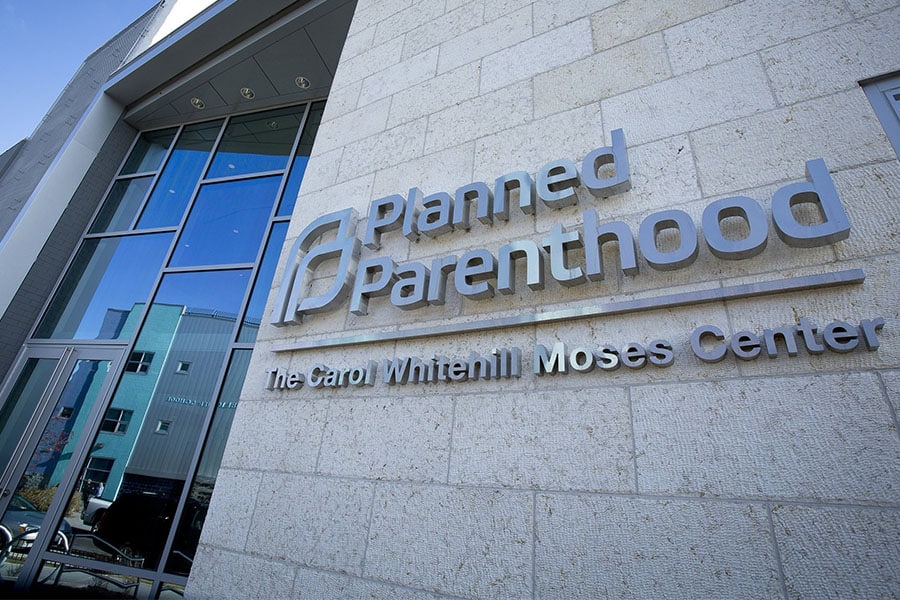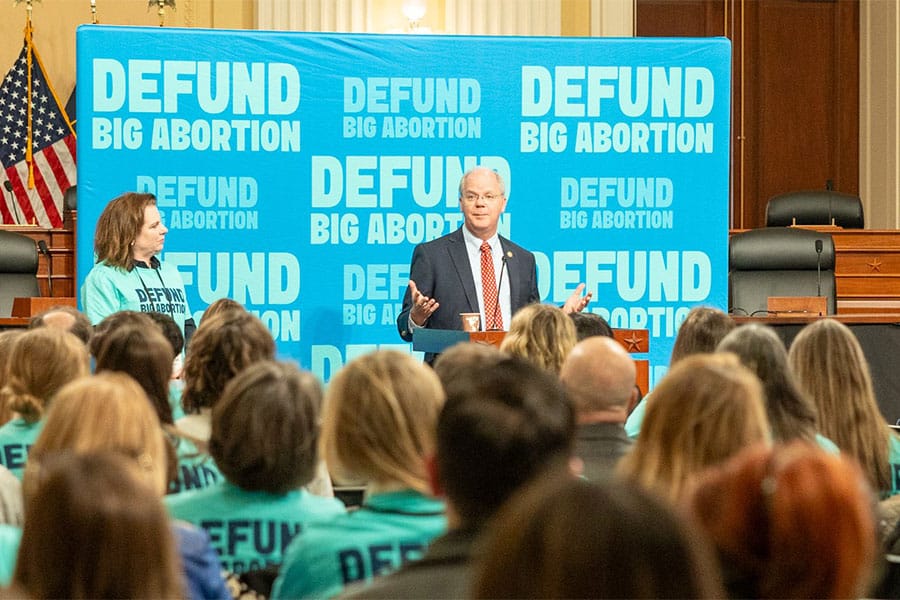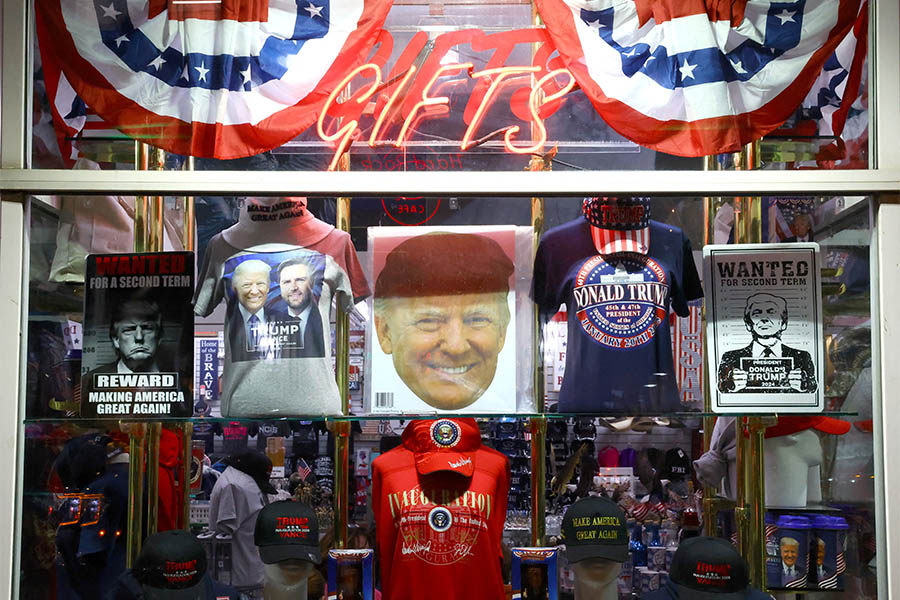WEST PALM BEACH, Fla. (CNS) — There is no example in American history of a U.S. president inciting violence against American institutions or fellow citizens in the manner that President Donald Trump seemingly did on Jan. 6 when an angry mob stormed the U.S. Capitol, according to a historian at The Catholic University of America.
There is, of course, the War of 1812 when British troops burned the White House and attacked the capitol building, but that isn’t an equal comparison for Michael Kimmage, a professor of history who served on the U.S. Department of State Policy Planning staff as a Franklin Fellow from 2014 to 2016.
Kimmage told Catholic News Service that three public speeches on Jan. 6 — from Trump legal adviser Rudy Guliani, Donald Trump Jr. and Trump himself during a rally while the presidential election results were being certified in Congress — seemed to prompt action at the Capitol.
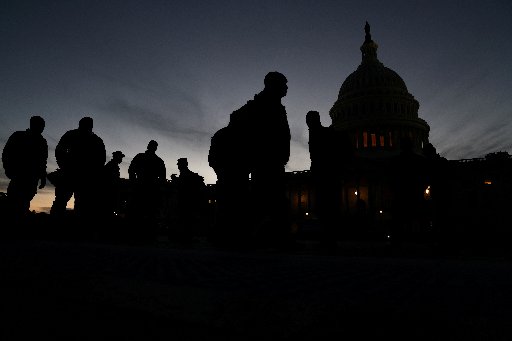
“At least my interpretation of it is that it is fair and in fact necessary to say that the president was inciting violence, but I can’t read his mind. He may have had somewhat different intentions, but it seems very difficult to review the statements made between 11 a.m. and 1 p.m. and not see some aspect of incitement,” Kimmage said.
The Capitol Hill mob breach resulted in five deaths and dozens of arrests of protesters and trespassers. Police were forced to lock down the Capitol and evacuate lawmakers and staff as protesters entered and ransacked the property.
Later that day, Trump issued a video statement with a relatively mild admonition calling for peaceable conduct among the demonstrators who stormed Congress, “but there was no forthright call to exit the building or to cease the violent actions that were ongoing, and of course later statements modified that position, but when it was all happening in real time, there wasn’t a genuine call to cease and desist,” Kimmage said.
The professor stressed that there is a “big need to review what happened and to take it all extremely seriously.”
Calls have already been made for Trump’s impeachment amid questions of his fitness to remain in office for another two weeks along with larger questions about the future of the Republican Party and where Trump’s base of most ardent supporters go in 2021 and beyond.
As Kimmage put it: “I think we still don’t know how the story ends.”
He said what happened echoed long-standing features of Trump’s political rhetoric and sensibility, so it was “not a total surprise.” And he added that Trump has a strong base of which he doesn’t expect to “disappear anytime soon regardless of what happens in the next two weeks.”
One thing is certain: “Those images (from the day) are going to attach themselves and become an iconic symbol of the Trump presidency and that will be stomach-turning for many Americans,” he said, adding that what occurred inflicted historic wounds to the mystique and aura of American democracy and stability around the world.
“That mystique was sort of undermined in the way the Capitol building was sort of easy to penetrate,” Kimmage said. “It was sort of like the curtain was drawn back and what you see is something much smaller, much weaker and more fragile than what you thought a day or two ago, and that is a very damaging thing in politics.”
The post-presidential Trump presents a very perplexing situation as with many aspects of the Trump presidency that are unconventional, unusual, novel,” Kimmage added.
“This too will be a very novel post-presidency, a very strange and unusual moment. “It is difficult for me to imagine Trump would be invited or that he would want to appear on a stage, podium or in a church with other former presidents who anathematized him.”
Another historian, John Spurlock, a professor at Seton Hill University in Greensburg, Pennsylvania, told CNS that the Jan. 6 events showed that Trump has freely ignored and violated norms of democratic leadership “and as he has continually done so with no real repercussions, he has become bolder.”
He said the physical violence that happened goes along with the larger violence Trump “has committed by not exercising real leadership and conceding his election had lost, and then pushing his claim that the election was stolen by fraud. None of his legal challenges produced any evidence of fraud because there was none,” Spurlock said.
He also pointed out that 2020 was not the first time the nation has faced election chaos, noting the 1876 election in which voter fraud was rampant in both the North and South, and states sent competing slates of electors to the Congress.
“The final decision, the election of Rutherford B. Hayes, came from a compromise in Congress more than from adjudication of the legitimacy of votes,” he said. “This led to the Electoral Act of 1877 that set procedures for finalizing vote tallies.”
And in the 19th century, violence often took place around elections. During the Reconstruction after the Civil War, this could have led to armed conflict, he said. “In the South, this only receded with the disenfranchisement of Black voters in many southern states late in the century. But the vote tallies and election of electors has always been a prerogative of state legislatures and today states assign electors by the popular vote in the various states.”
Both Kimmage and Spurlock believe the Trump movement isn’t destined to go away completely, but it is bound to diminish without Trump’s access to the bully pulpit and the presidency.
Moreover, without Trump, the movement would probably lack much of its energy and many Trump voters just won’t turn out to vote if Trump is not on the ballot, according to Spurlock.
“And, likely if he is on the ballot, many people who voted against him in 2020 will vote against him again. So, short takes: Trumpism won’t win nationally without Trump. And maybe it will not even win with him.”
Also see
Copyright © 2021 Catholic News Service/U.S. Conference of Catholic Bishops

